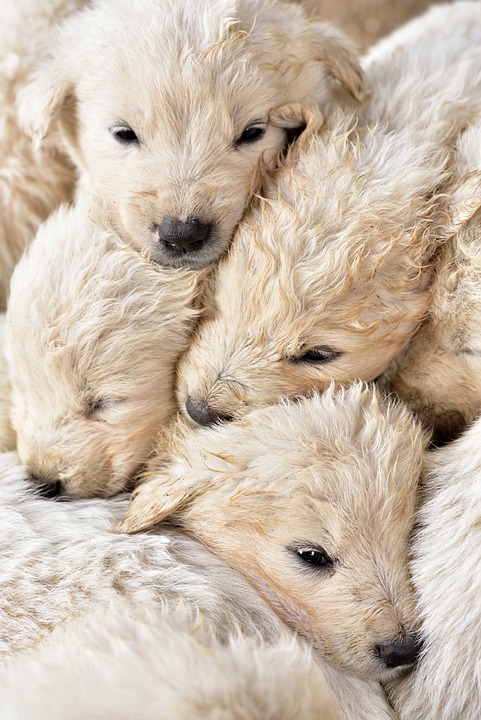Title: Understanding the Unique Care Needs of Different Dog Breeds
Introduction:
Dogs come in various shapes, sizes, and temperaments, each breed possessing its own unique characteristics and care requirements. As a responsible pet owner, it is crucial to understand the specific needs of your dog’s breed to ensure their health, happiness, and overall well-being. In this article, we will delve into the importance of recognizing the distinct care needs of different dog breeds, offering insights into the key factors to consider when it comes to nutrition, exercise, grooming, and training.
I. The Significance of Breed-Specific Care:
A. Recognizing the influence of genetics on a dog’s care needs
B. Understanding the impact of breed traits on health and behavior
C. Tailoring care routines to meet individual breed requirements
II. Nutrition:
A. Choosing the right diet based on breed size, age, and activity level
B. Identifying potential breed-specific allergies or sensitivities
C. Consulting with a veterinarian to ensure proper nutrition
III. Exercise and Mental Stimulation:
A. Considering the exercise requirements of different breeds
B. Providing suitable outlets for mental stimulation
C. Engaging in breed-specific activities and games
IV. Grooming:
A. Recognizing variations in coat types and grooming needs
B. Establishing a regular grooming routine based on breed characteristics
C. Seeking professional grooming assistance when necessary
V. Training and Socialization:
A. Understanding breed-specific temperament and behavior traits
B. Tailoring training methods to suit individual breed needs
C. Promoting socialization with proper exposure to various environments and stimuli
VI. FAQs (Frequently Asked Questions):
1. Can I feed my Chihuahua the same food as my Labrador Retriever?
– It is advisable to choose a diet specifically formulated for each breed’s unique nutritional requirements. Chihuahuas often require smaller kibble sizes, while Labradors may benefit from larger breed formulas.
2. How much exercise does a small breed like a Pomeranian need compared to a large breed like a Great Dane?
– Small breeds typically require less exercise than larger breeds, but it’s important to consider individual variations. Pomeranians may be content with short walks and indoor play, while Great Danes require more extensive physical activity due to their size and energy levels.
3. Do all dog breeds require professional grooming?
– Not all breeds require professional grooming, but many benefit from regular grooming sessions. Breeds with longer or denser coats, such as Poodles or Yorkshire Terriers, often need professional grooming to maintain coat health and prevent matting.
4. Are certain breeds more prone to behavioral issues?
– While all dogs have the potential for behavioral issues, certain breeds may be more predisposed to certain traits. It is essential to research and understand the behavioral tendencies of your chosen breed and provide proper training and socialization from an early age.
Conclusion:
By recognizing and accommodating the unique care needs of different dog breeds, owners can ensure their furry companions lead happy, healthy lives. From nutrition and exercise to grooming and training, tailoring your care routine to your dog’s specific breed requirements will result in a strong bond and a fulfilling relationship. Remember to consult with professionals, such as veterinarians or dog trainers, for breed-specific advice to provide the best possible care for your beloved canine companion.









